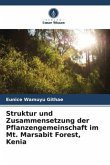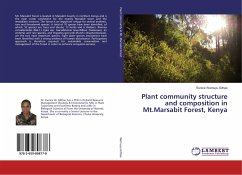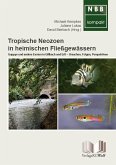
Broschiertes Buch
24. Februar 2025
Verlag Unser Wissen

26,99 €
Versandfertig in 6-10 Tagen
Broschiertes Buch
31. Mai 2016
LAP Lambert Academic Publishing
27,99 €
Versandfertig in 6-10 Tagen
Broschiertes Buch
24. Februar 2025
Editions Notre Savoir
27,99 €
Versandfertig in 6-10 Tagen
Broschiertes Buch
24. Februar 2025
Edizioni Sapienza
27,99 €
Versandfertig in 6-10 Tagen
Broschiertes Buch
24. Februar 2025
Wydawnictwo Nasza Wiedza
27,99 €
Versandfertig in 6-10 Tagen
Broschiertes Buch
24. Februar 2025
Edições Nosso Conhecimento
Ähnliche Artikel

Broschiertes Buch
24. Februar 2025
Verlag Unser Wissen



Broschiertes Buch
Guppys und andere Exoten in Gillbach und Erft - Ursachen, Folgen, Perspektiven
August 2018
VerlagsKG Wolf / Wolf, VerlagsKG

18,99 €
Versandfertig in über 4 Wochen
Broschiertes Buch
Oktober 2011
Instituto Geológico y Minero de España

Broschiertes Buch
un enfoque multidisciplinario. Volumen I
21. Dezember 2012
Libros en Red

12,99 €
Versandfertig in über 4 Wochen

Broschiertes Buch
Gestión medioambiental, efectos epidemiológicos, evaluación de riesgos y seguridad medioambiental de los residuos médicos.
17. Februar 2025
Ediciones Nuestro Conocimiento
Ähnlichkeitssuche: Fact®Finder von OMIKRON

